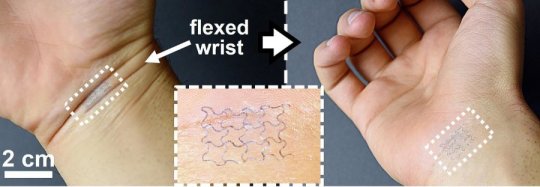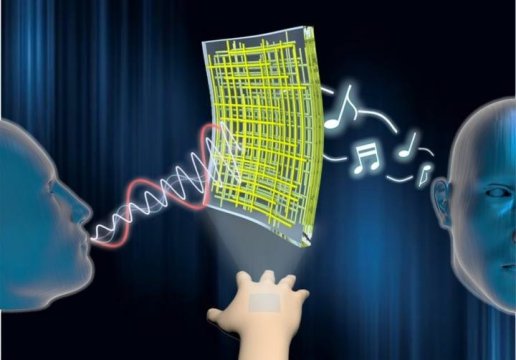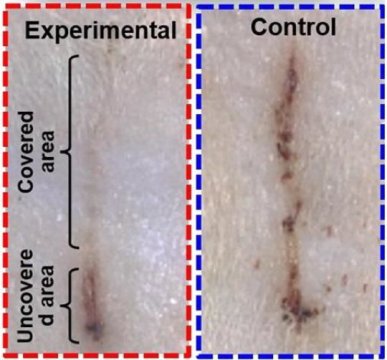Heart surgery can be traumatic for patients. Having to continuously monitor your status without a doctor when you are back home can be even scarier. Imagine being able to do that with a simple sticker applied to your body. Purdue University researchers have advanced a sticker solution moving it several steps closer to reality. The research was recently published in ACS Advanced Materials and Interfaces. “For the first time, we have created wearable electronic devices that someone can easily attach to their skin and are made out of paper to lower the…
Read MoreCategory: Skincare
Rapid genetic evolution linked to lighter skin pigmentation
Populations of indigenous people in southern Africa carry a gene that causes lighter skin, and scientists have now identified the rapid evolution of this gene in recent human history. The gene that causes lighter skin pigmentation, SLC24A5, was introduced from eastern African to southern African populations just 2,000 years ago. Strong positive selection caused this gene to rise in frequency among some KhoeSan populations. UC Davis anthropologist Brenna Henn and colleagues have shown that a gene for lighter skin spread rapidly among people in southern Africa in the last 2,000…
Read MoreTransparent loudspeakers and MICs that let your skin play music
An international team of researchers, affiliated with UNIST has presented an innovative wearable technology that will turn your skin into a loudspeaker. This breakthrough has been led by Professor Hyunhyub Ko in the School of Energy and Chemical Engineering at UNIST. Created in part to help the hearing and speech impaired, the new technology can be further explored for various potential applications, such as wearable IoT sensors and conformal health care devices. In the study, the research team has developed ultrathin, transparent, and conductive hybrid nanomembranes with nanoscale thickness, consisting…
Read MoreThe potentially deadly bacterium that’s on everyone’s skin
Forget MRSA and E. coli. There’s another bacterium that is becoming increasingly dangerous due to antibiotic resistance — and it’s present on the skin of every person on the planet. A close relative of MRSA, Staphylococcus epidermidis, is a major cause of life-threatening infections after surgery, but it is often overlooked by clinicians and scientists because it is so abundant. Researchers from the Milner Centre for Evolution at the University of Bath warn that the threat posed by this organism should be taken more seriously and use extra precautions for those at…
Read MoreE-bandage generates electricity, speeds wound healing in rats
A wound covered by an electric bandage on a rat’s skin (top left) healed faster than a wound under a control bandage (right). Skin has a remarkable ability to heal itself. But in some cases, wounds heal very slowly or not at all, putting a person at risk for chronic pain, infection and scarring. Now, researchers have developed a self-powered bandage that generates an electric field over an injury, dramatically reducing the healing time for skin wounds in rats. They report their results in ACS Nano. Chronic skin wounds include…
Read More




